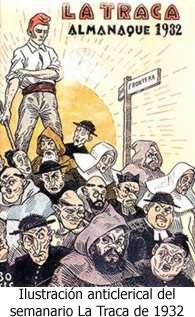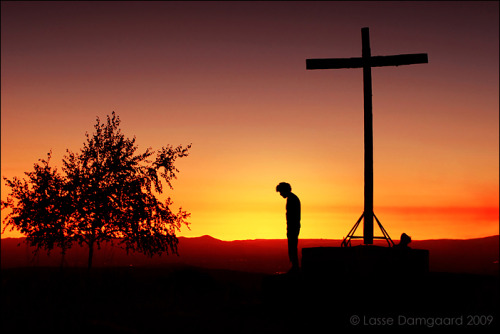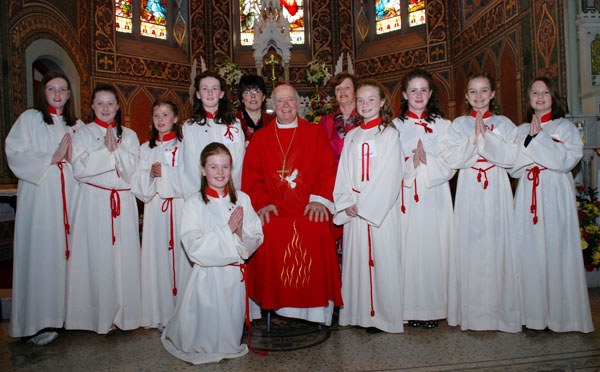
I finished my Camino on October 31, met my wife, and we stayed in Santiago until November 4, just before the arrival of the Pope. We went to Madrid for a few days and observed, among other things, the controversy started by the remarks that Benedict made to reporters on his plane:
“In Spain, a strong, aggressive laicity, an anti-clericalism, a secularization has been born as we experienced in the 1930’s,” Benedict said.
Along the Camino I had seen the memorials to the priests and religious murdered by the Republican side in 1936-1939 – and also the memorials to the leftists murdered by the Nationalist forces. With the wayside crosses, such memorials put the aches and pains I was feeling into a proper perspective.
At the Prado we saw Goya’s overwhelming paintings of the violence and repression in Madrid during the battle between the Spanish people and the French forces in 1808. At the Queen Sofia museum we saw an exhibition about the Spanish Civil War – of which Picasso’s “Guernica” was the centerpiece. The Republican propaganda showed the Catholic clergy as murderous allies of the Nazi-dominated fascists. We saw the newsreels of the battle of Madrid, newsreels of the children killed by bombs and artillery.
On Saturday we attended mass at the Augustinian church – the mass of the martyrs of the order, murdered in Spain 1936-1939. We were given cards with their pictures, and the relics were in the church. The priest pointed to the martyrs during his sermon, as he spoke too of the Catholics murdered during the All Saints day mass in Iraq.
Those who know Spain far better than I do say that conditions have changed so much that another civil war is impossible – I hope they are right. But the memories of the war are bitter on both the Catholic and laicist sides.
Franco was ruthless in his conduct of the war as a matter of policy and was not magnanimous in victory. The Republican side let mobs massacre soldiers and clergy and suppressed all Catholic activity. It was hardly surprising that Catholics turned to Franco to save them from being slaughtered, but they turned a blind eye to Franco’s slaughter of Republicans who had done nothing criminal.
Are the Pope’s comments justified? I do not know enough about Spanish life to know whether the consumerist secularism of today’s Spain is as dangerous as the murderous “Laicismo” of the 1930s. Catholics and laicists have learned to live together in Spain, but they still do not like or respect each other.









